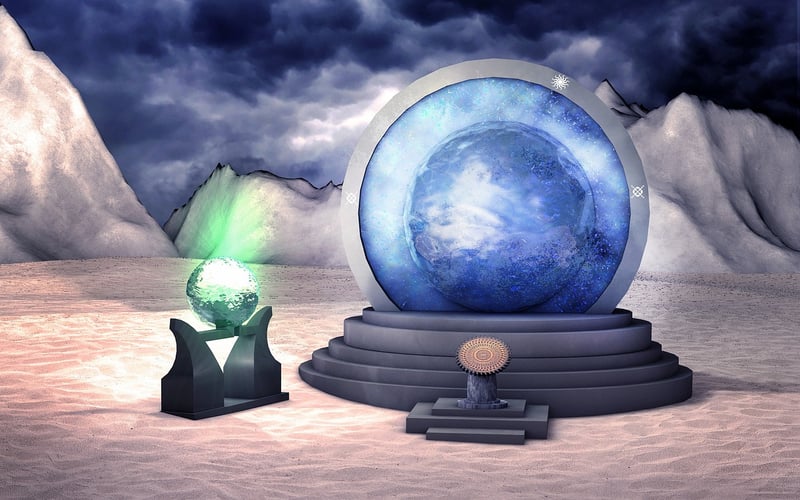How They Work
The Fascinating World of Time Machines
Time travel has been a popular topic in science fiction for decades, capturing the imagination of many. But have you ever wondered how time machines would work if they were real? Let's delve into the intriguing concept of time machines and explore how they might operate.
What is a Time Machine?
A time machine is a hypothetical device that allows an individual to travel through time. It could be a physical machine or a theoretical concept based on scientific principles.
How Would a Time Machine Work?
While time travel is currently considered impossible by modern physics, several theories suggest ways in which time machines could operate:
- Wormholes: One idea involves using wormholes, hypothetical tunnels in spacetime that could connect different points in time. By traversing a wormhole, one might be able to move between different time periods.
- Time Dilation: According to Einstein's theory of relativity, time can be experienced at different rates depending on one's speed and proximity to a massive object. Utilizing these principles, a spacecraft traveling at near-light speed could experience time differently compared to Earth, enabling a form of time travel.
- Cosmic Strings: Another concept involves utilizing cosmic strings, theoretical one-dimensional objects that could warp spacetime. By manipulating cosmic strings, one might be able to create closed timelike curves, enabling travel into the past.
Challenges and Paradoxes
While the idea of time travel is fascinating, it also presents several challenges and paradoxes. The most famous of these is the grandfather paradox, where a time traveler could potentially alter the past in a way that prevents their own existence.
Conclusion
Although time machines remain a product of science fiction, exploring the theoretical concepts behind them can provide valuable insights into the nature of time and spacetime. Who knows what the future holds? Perhaps one day, the idea of time travel will transition from fiction to reality.

For more information on time travel and theoretical physics, check out Space.com's article on time travel.
